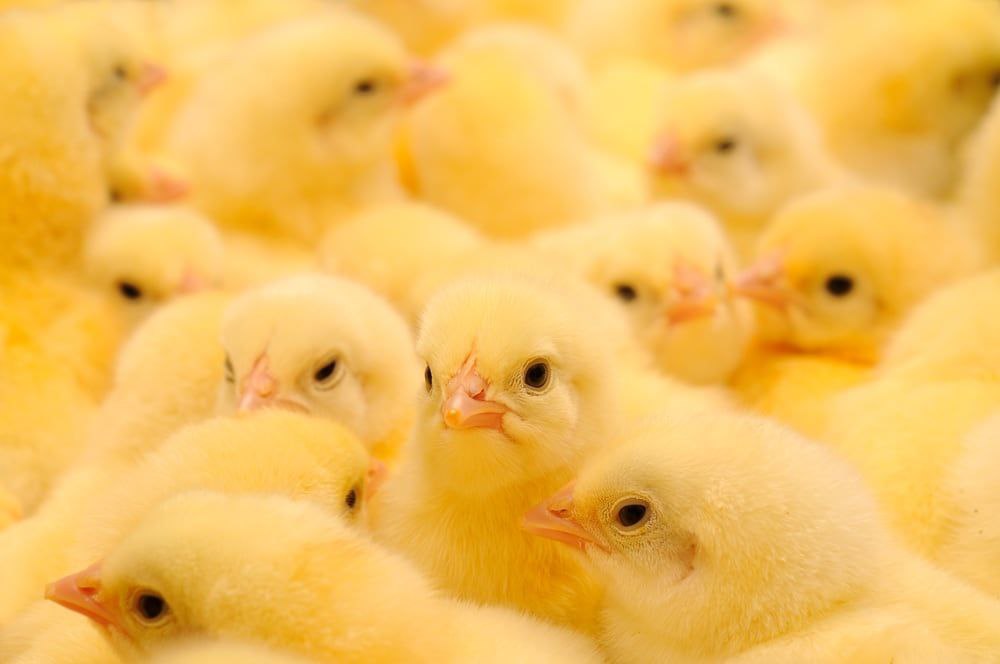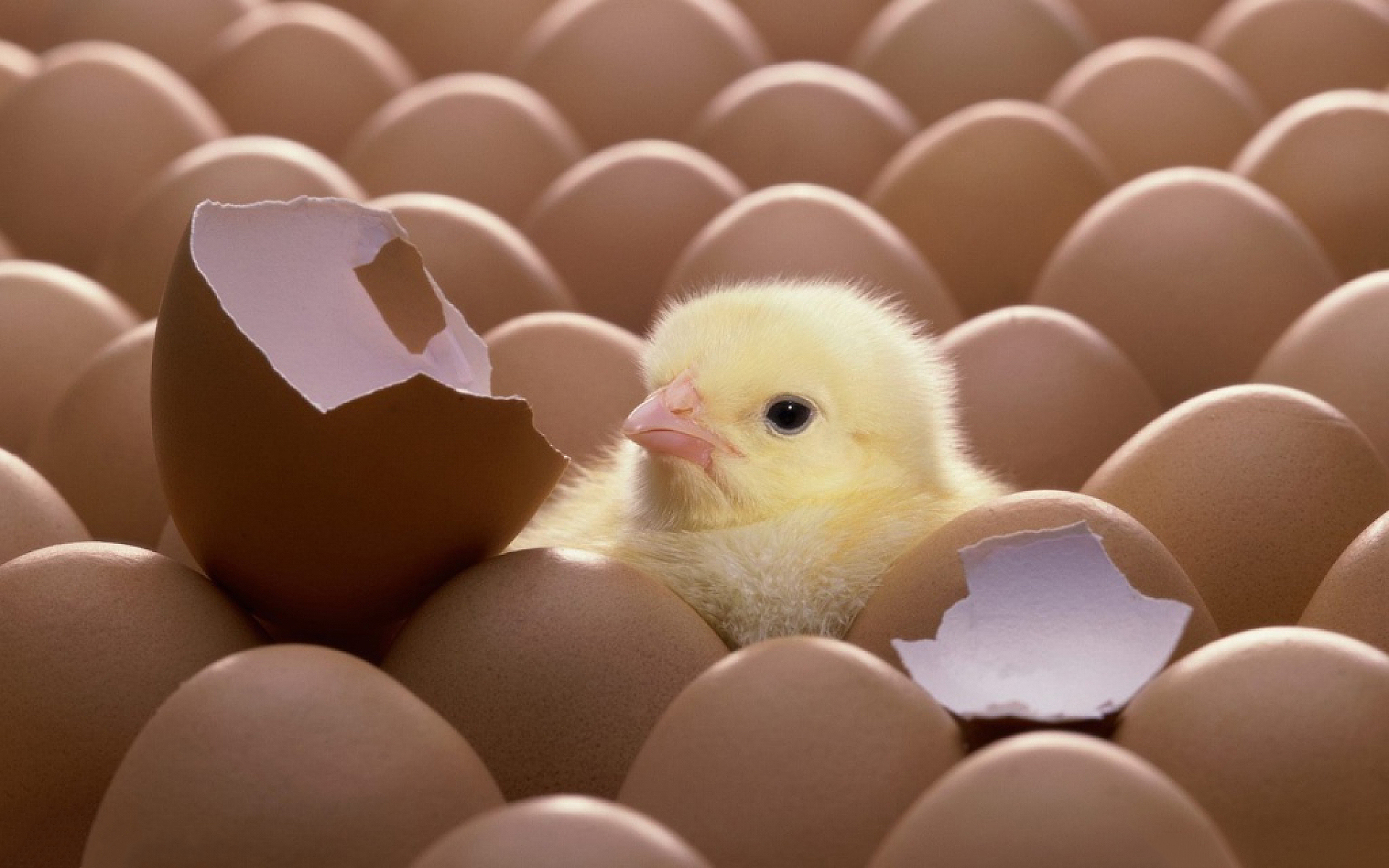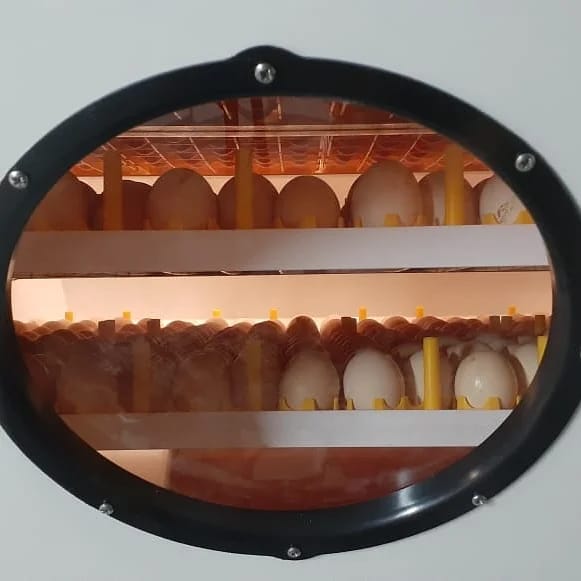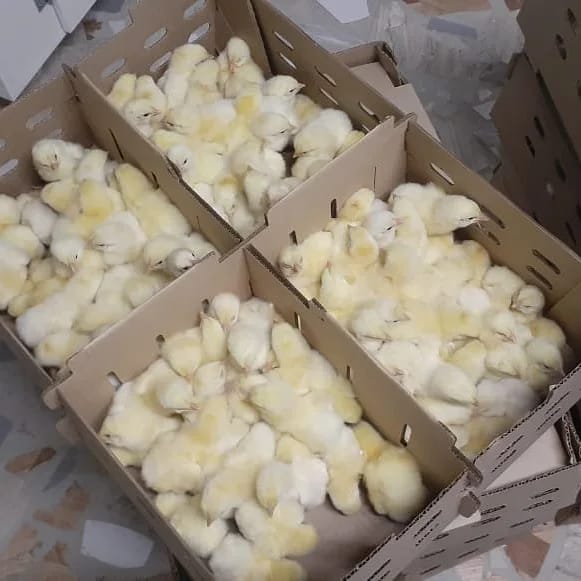Departments In Our Company
We have different departments in our company that helps to make hatching a success.
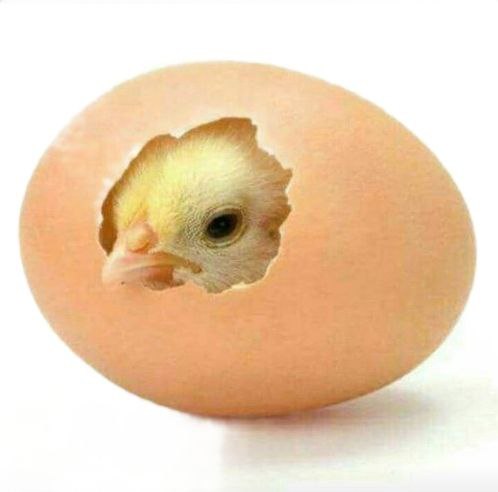
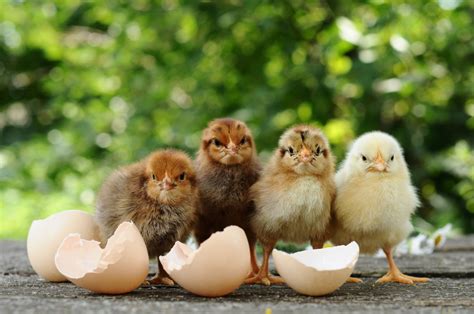
We offer different types of chicks ideal for a free-range environment, especially rural communities. Breeds include Naked Neck, Venda, Ovambo, Potchefstroom Koekoek and Natal Game. Some other European breeds such as the New Hampshire, Rhode Island Red and the Black Australorp..
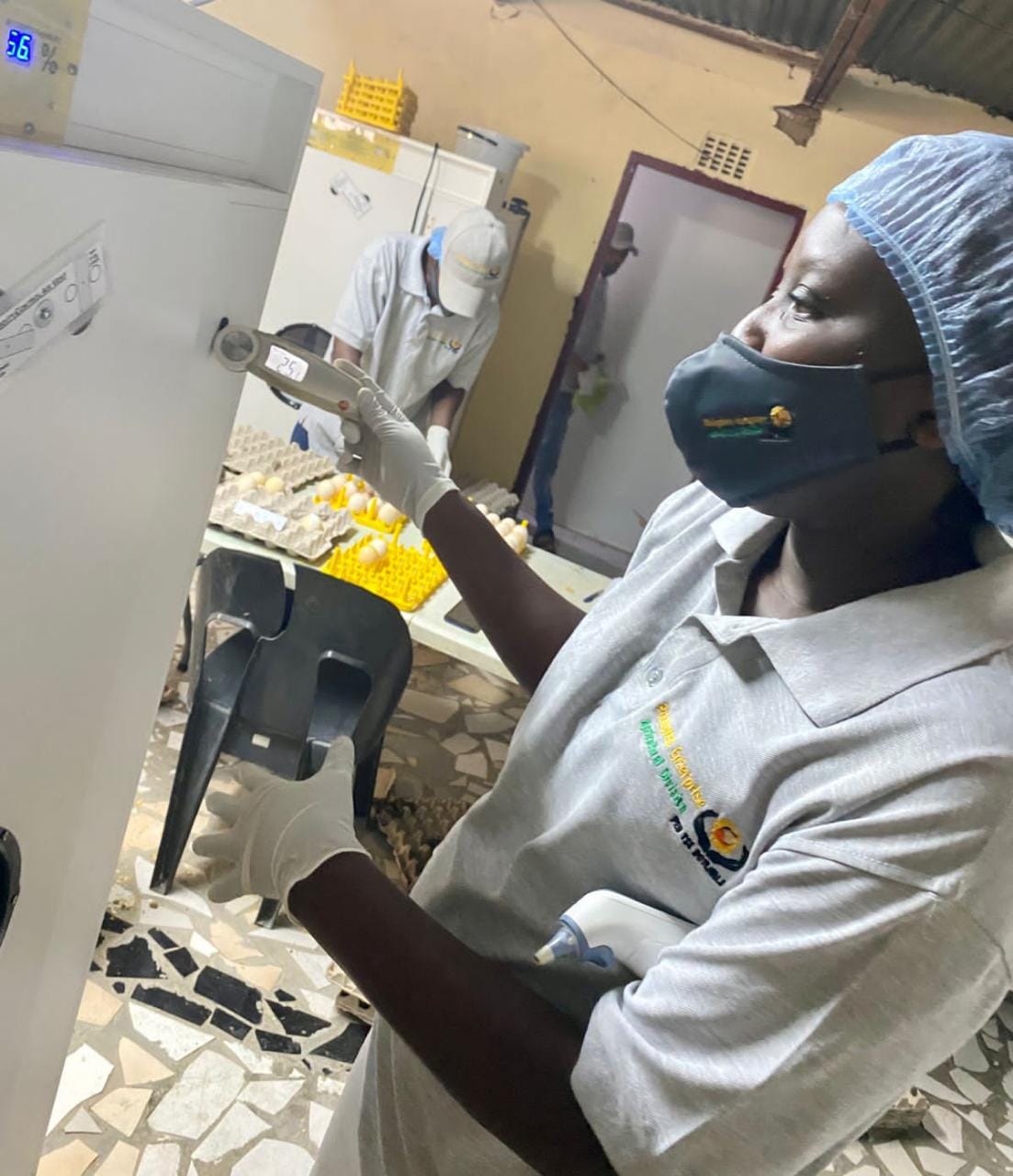
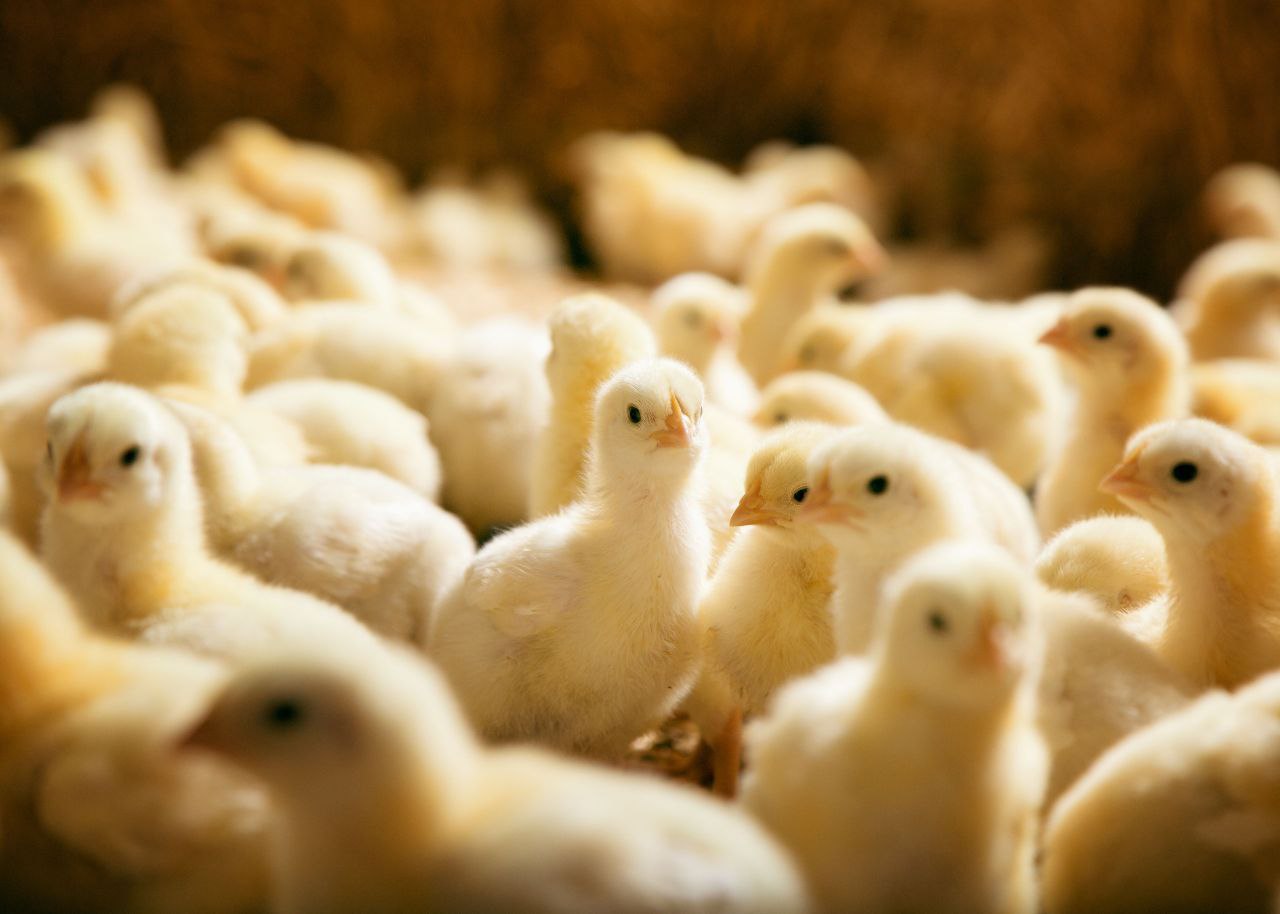
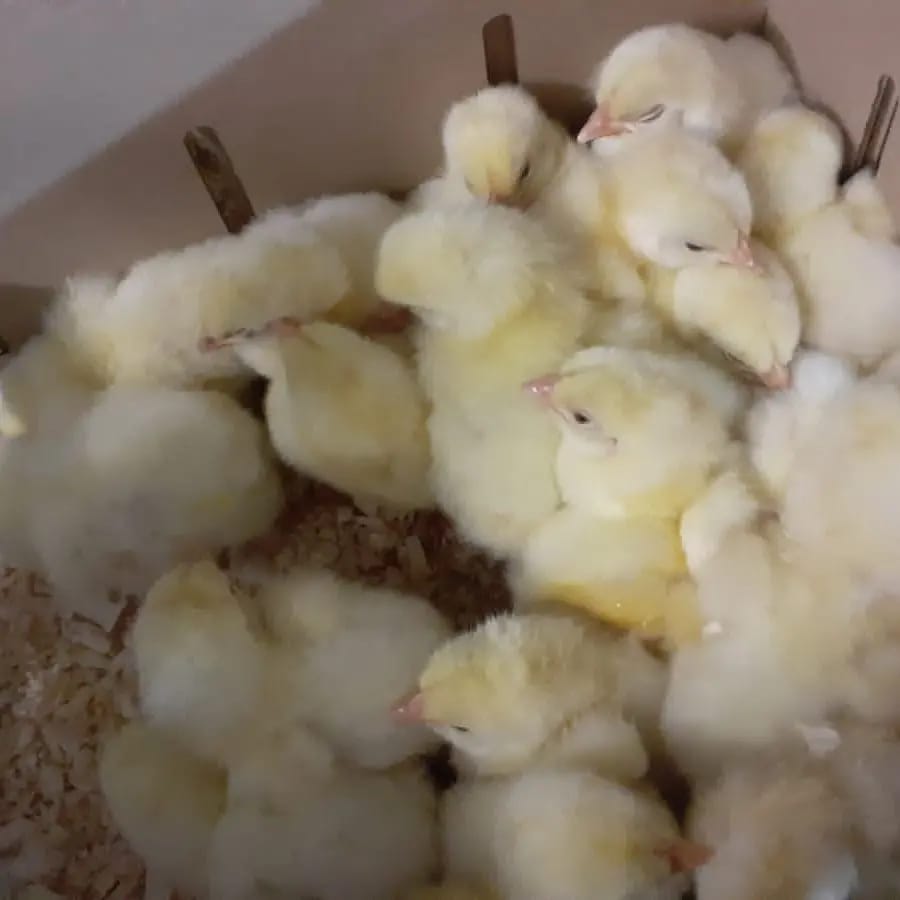
We provide safe, secure poultry. Innovations are been made in many aspects of poultry housing –from the construction to ventilation to how birds are fed.

We Provide Essential Services
We offer hatchery services to small farms up to large scale of farmers around South Africa. Our aim is to provide high quality chicks by making sure the needs of each embryo are consitently uniformly met during incubation. Our clients are our number one priority, happy and satisfied clients will always come back for me and mainly they will recommend others to you.
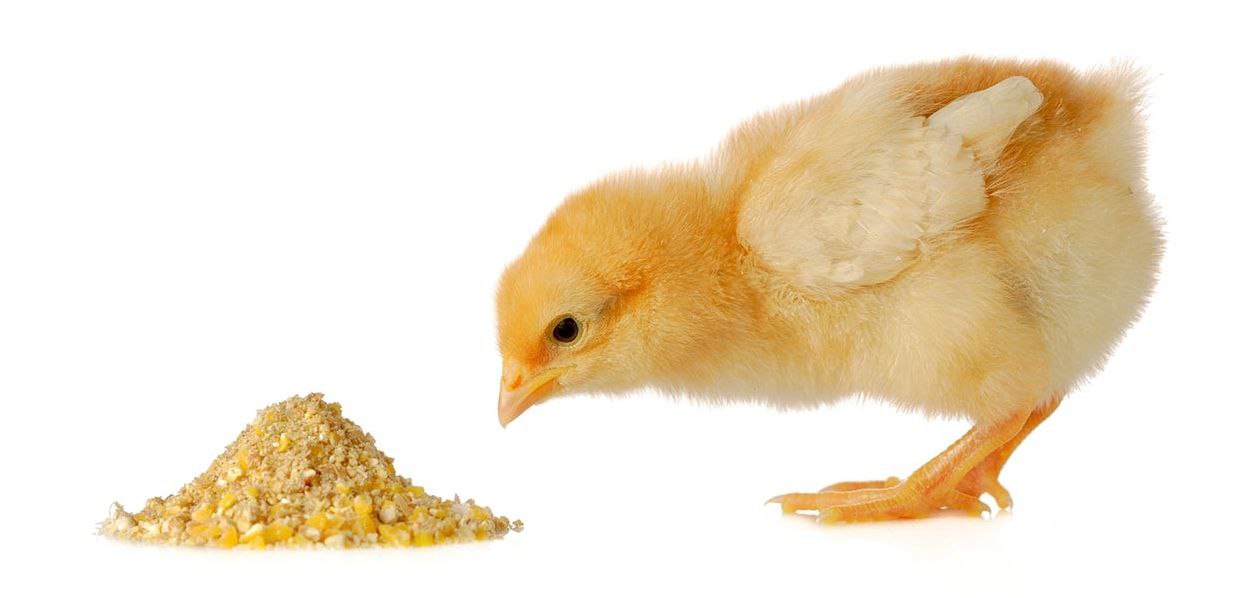
Chicken need certain vitamins, such as vitamins A, D, and B. They also need salt. In most cases, a chick starter or another type of commercial feed will provide all the vitamins your chickens need. Adult birds may also be fed leafy greens and other scraps to provide additional nutrients, too.
Newly hatched chicks (until at least eight weeks of age) must be fed a balanced chick starter with a protein level that ranges between 10 and 20 percent- 18 is ideal.
you will need to provide a specialized diet that makes up for everything you chick would normally get from nature.
Chicks who are hatched at a hatchery are normally shipped at one-day-old. It safest to ship them during this time as they can live for 48 hours on their egg sacs alone.

Egg incubators will accommodate anywhere from a dozen to more than a hundred eggs, but if you’re interested only in hatching eggs for chickens to be raised in your backyard, you probably don’t need to spend hundreds of rands on a high-end commercial model.

All incubators must accomplish the following tasks:
- They must maintain temperature: Chicken eggs need to be kept at 99.5 degrees at all times. A good incubator will hold a steady temperature with minimal fluctuations.
- They must provide good humidity: During the first 18 days of incubating your chicken eggs, you must keep humidity between 40 and 50 percent. In the final days before hatching, you will need 65 to 75 percent humidity
- They must provide good ventilation: . An incubator will need to have vents that will allow fresh air inside so that your developing chicks are able to breathe inside the egg.

